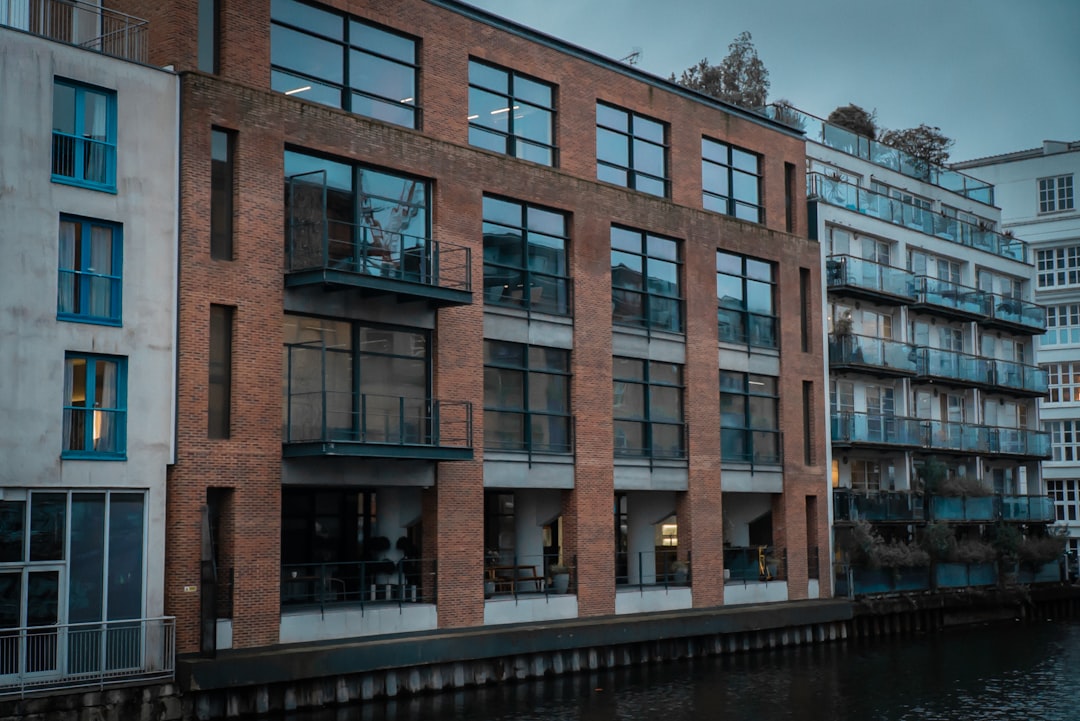Understanding tenant rights is crucial for anyone renting in Dublin 7, a vibrant area known for its diverse community and housing options. Whether you are a renter or a property owner, being informed about these rights can help prevent misunderstandings and disputes. This knowledge empowers tenants to advocate for themselves while offering landlords insights to foster better relationships with their tenants.
In Dublin 7, the rental market presents unique challenges and opportunities influenced by local regulations and market dynamics. Familiarity with tenant rights, including Rent Pressure Zones and notice periods, is essential for navigating this landscape effectively. This blog delves into these critical aspects, providing essential information for both tenants and property owners.
Understanding Rent Pressure Zones in Dublin
Rent Pressure Zones (RPZs) are areas where rent increases are capped to protect tenants from excessive rent hikes. For tenants in Dublin 7, understanding RPZs is vital as they directly affect rental costs and tenant security. These zones help maintain affordable living conditions in a city where housing demand often outstrips supply.
Currently, RPZ regulations dictate that rent increases cannot exceed a certain limit, which is particularly relevant for Dublin 7. However, many tenants remain unaware of the specifics, leading to confusion and potential disputes with landlords. It is essential for both renters and property owners to understand the implications of these regulations to avoid conflicts.
Common Misunderstandings About RPZs
Misunderstandings about RPZs can result in disputes. For instance, some tenants believe that any rent increase is invalid, while landlords may misinterpret the regulations, leading to disagreements. Awareness and clear communication can mitigate these issues, ensuring that both parties understand their rights and obligations.
Notice Period Confusion: A Common Challenge
Notice periods are often a source of confusion in rental agreements. In Dublin 7, tenants must be aware of the specific notice periods required by law, which vary depending on the length of tenancy. This knowledge is crucial for ensuring compliance and protecting tenant rights.
Disputes frequently arise when tenants misjudge the required notice period. For example, a tenant might mistakenly believe that a shorter notice period is acceptable, leading to conflicts with landlords. Clear communication with landlords about notice requirements can help prevent such misunderstandings.
Tips for Proper Communication
To ensure a smooth communication process, tenants should document all communications regarding notice periods and clarify any uncertainties with their landlords. This proactive approach can help establish a transparent relationship and reduce the likelihood of disputes.
The Role of the Residential Tenancies Board (RTB)
The Residential Tenancies Board (RTB) plays a crucial role in overseeing rental agreements and protecting tenant rights in Dublin 7. The RTB provides a framework for resolving disputes and offers guidance to both tenants and landlords on their respective rights and responsibilities.
As tenant complaints have been rising, the RTB has become increasingly important for mediating conflicts and addressing grievances. Engaging with the RTB can provide tenants with the necessary support and resources to navigate their rights effectively.
Resolving Tenant-Landlord Disputes
The RTB offers mediation services that can assist tenants in resolving disputes with landlords. This resource ensures that both parties can reach a fair agreement, fostering a more harmonious rental environment in Dublin 7.
Tenant Rights and Responsibilities in Dublin 7
Every tenant in Dublin 7 should be aware of their fundamental rights, including the right to a habitable living space, privacy, and fair rent practices. Understanding these rights empowers tenants to advocate for themselves and seek assistance when necessary.
- Right to a Habitable Living Space: Tenants are entitled to a safe and well-maintained living environment, free from health hazards.
- Right to Privacy and Security: Tenants have the right to enjoy their homes without unwarranted intrusions from landlords.
- Right to Fair Rent Practices: Tenants should not experience unfair rent hikes and should be informed about their rent obligations.
Alongside these rights, tenants also have responsibilities to maintain the property and communicate effectively with landlords. Fulfilling these obligations helps establish a respectful and functional rental relationship.
Unique Opportunities for Property Owners in Dublin 7
For property owners in Dublin 7, leveraging platforms like Tenantin.ie can streamline the tenant screening process. This resource allows landlords to access verified tenant profiles, enhancing their ability to choose reliable tenants.
- Benefits of Verified Tenant Profiles: Verified profiles provide landlords with peace of mind, ensuring they select tenants who meet specific criteria.
- Attracting Reliable Tenants: Landlords can enhance their rental income by quickly finding trustworthy tenants through Tenantin.
- Efficient Tenant Screening: The platform simplifies the vetting process, allowing property owners to focus on managing their properties.
Navigating Local Rental Market Trends
The rental market in Dublin 7 is marked by fluctuating demand and competitive pricing. Property owners face challenges in distinguishing their listings amidst a crowded marketplace, making visibility crucial.
Utilising Tenantin.ie can improve the visibility of property listings, allowing landlords to reach a broader audience. This platform addresses common difficulties in attracting tenants and enhances the overall rental experience for both parties.
FAQs
What are the most common tenant rights issues in Dublin 7?
Common tenant rights issues in Dublin 7 include disputes over notice periods, misunderstandings regarding Rent Pressure Zone regulations, and concerns about property maintenance. Many tenants may not be fully aware of their rights, leading to conflicts with landlords. Ensuring clear communication and understanding of these rights is vital for a harmonious rental experience.
How does Tenantin.ie simplify the tenant application process?
Tenantin.ie simplifies the tenant application process by providing a platform where landlords can access verified tenant profiles. This streamlines the vetting process, allowing property owners to quickly assess potential tenants’ suitability. By using Tenantin, landlords can save time and reduce the risk of rental disputes.
What should I do if my landlord does not respect my tenant rights?
If a landlord does not respect tenant rights, it is essential to document any incidents and communicate directly with them. If the issue persists, tenants can seek assistance from the Residential Tenancies Board (RTB) for mediation and support. Engaging with the RTB can help ensure that tenant rights are upheld.
Are there specific regulations for short-term rentals in Dublin 7?
Yes, Dublin 7 has specific regulations governing short-term rentals, which are designed to balance the needs of the local community with the interests of property owners. Understanding these regulations is important for landlords to avoid potential legal issues and ensure compliance with local laws.
How can I ensure my tenant profile on Tenantin.ie is verified and reliable?
To ensure a tenant profile on Tenantin.ie is verified and reliable, tenants should provide accurate and comprehensive information during the application process. This includes submitting relevant documentation and references that can enhance credibility. A verified profile increases the likelihood of attracting quality landlords.






